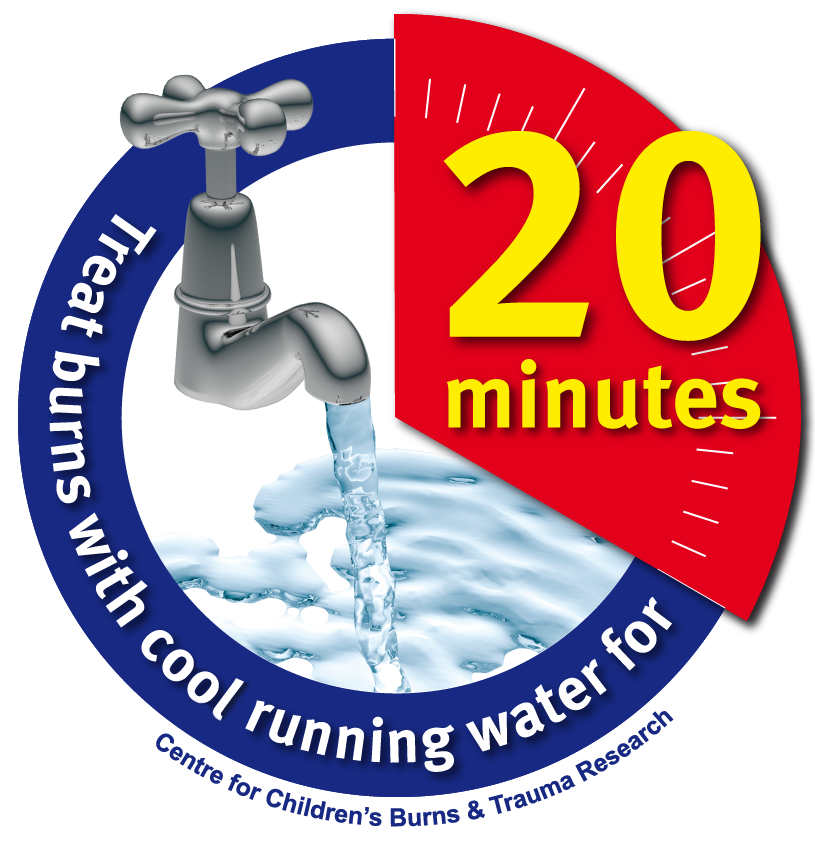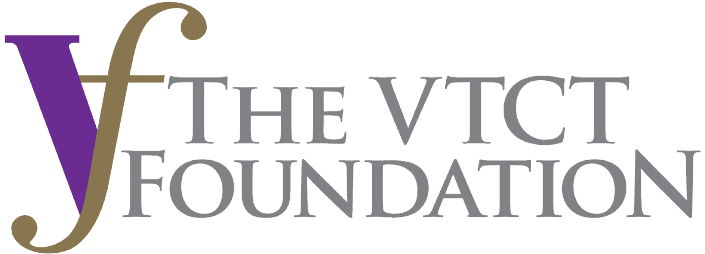Burn Injuries
Overview
Triggering Content
This website includes people describing details of burn injuries. Some people might find reading about these experiences distressing.
In this section you can find out about the experiences of people who have been affected by scalds or burn injuries. We interviewed 36 people from across the U.K., including adults, young people, and parents of children with a range of burn injuries. Some of the people we interviewed had been burnt when they were children and others were burnt as an adult. We interviewed people online due to Covid-19 restrictions at the time.
Experiences of Burn Injuries; a preview
Experiences of Burn Injuries; a preview
Raffaela:
One of the biggest lessons is that I think once something so catastrophic happens to your body, you can only take it one day at a time. I mean, it is for emotional things as well, I guess, for much, anything this traumatic in life, but for me, it was like I wanted a resolution, I wanted to hurry up, I just wanted to wish the process away. But then, looking back – and even though I’m only a year and a half – you just think that the process is what makes you. And it’s not that I enjoyed it, it’s not it was great, and I would do it again, but somehow, you know, instead of wishing it away, you’re still alive, you’re still living in the moment and if you wish them away, you’re wishing your life away, even if it’s not perfect. I’m not saying that I’m a master now whatsoever but, you know, you try every day.
Saffron:
“I still feel in control of my life, even though I need to do them things. Because there’s loads of different aspects that I can control and, you know, in one respect that … the burn I could let that control me and I could let the fact that I have to go for routine operations… stop me in my tracks but, if anything, because I’ve become quite accepting of it, it’s just one of these things, as I say, that I do do and then I can spend my focus on the things that I can control, even when I’m situations where, you know, so maybe I can’t control the fact that I have to go in for the operation but I can control how I spend my time around that time, or I do in my recovery. I can control who I gain support of during, you know, before and after that as well. And also, bigger things within my life, so in terms of my career, my friends, family and all them things that mean the most to me, that’s what I can control as well. So, I suppose it’s understanding that, although I do have this injury that does keep coming back and that, you know, does direct, I suppose, where I’m kind of going within certain aspects of life but there is other things that I have control of completely.”
Raiche:
“It’s a journey, like if I was, I don’t know, 16 now and I was listening to myself talk, I’d be like ‘Who is she? Don’t need to listen to her.’ But it’s different stages in your life. Like, when I was young it’d probably go in the ear and out the other, but I always think if I knew then what I knew now, like … I just wish I knew then what I know now but I wouldn’t have been ready to process it and it just all comes with time. And it is literally just a journey. You’ve got to go through all those different experiences to build up your response, like your resilience and, I guess, your perspective.”
Sinead:
“I would say the judgement from other people, I’d say is the most difficult thing to live with. …I think especially hard when you know how much somebody with a burn injury has to go through, you know how hard they have to fight for everything. The amount of surgery, the amount of care, the amount of input from so many different professionals, I think for me… at this moment, Elizabeth will probably say … for her, I think she’ll probably say that she has surgery, and it stops her doing things that she wants to do. So, like swimming or roller-skating or whatever activities she’s into at that time, that’s probably the most troublesome part of her life at this moment. For me, it would still be the judgement of other people.”
Gary:
“Again, it’s all as a result of the burn injury but, again, it’s that … I can’t, I can’t like take a step without actually feeling pain but, again, that’s just how it is. That’s not something that somebody could do to make it any less painful. So, again, it’s just like the way I try to look at life is ‘Right, well that’s happened now, stop worrying about this now, because your life’s happy. Because again, I can remember thinking like, before I even thought about joining the fire service or anything, it was like ‘There’s not a chance I’m letting one mistake ruin the rest of my life.”
First aid for burn injuries
Appropriate first-aid must be used to treat any burns or scalds as soon as possible. This will limit the amount of damage to your skin. For further advice on first-aid and burns treatment, search the NHS website. If you have a burn and have any questions or concerns about any aspect of your burn, its treatment, or support available, you should contact your GP.

First Aid for burn injuries:
- Run cool running water over the burn for 20 minutes
- Call for medical help (ring 999 or 111 in the UK)
- Cover the burn with loose strips of clingfilm or clean non-fluffy material to stop it getting infected
It is reported that an average of 250,000 people sustain a burn injury in the U.K. annually. Burns vary in size and severity, and any part of the body can be affected. In this site we use the terms ‘burns’ and ‘burn injuries’ to refer to scalds and burn injuries of any size. Sustaining a burn injury of any kind can be a traumatic, life-changing experience which can interfere with all areas of an individual’s life. Physical challenges can include pain and scar management. Self-esteem, social interactions, experience of education, career opportunities, friendships, and romantic relationships can all be impacted. For some, a burn injury requires adjusting to life with an altered appearance, which can be difficult.
You can start viewing topics by selecting from the list on the left. Here you can also find links to people's profiles to hear more about their individual experiences, and a glossary with key terms. We hope you find the information helpful and informative.
The people we talked to chose how their interview appears on this website. Some chose for their interview clips to appear as video, whilst others chose to be featured as audio or text only.
This site is from research conducted by a team at the Centre for Appearance Research at the University of the West of England, Bristol in collaboration with the University of Oxford.
Supported by:


This project is funded by the VTCT Foundation and the University of the West of England, Bristol through a Partnership PhD entitled “Supporting People Affected by Burn Injuries: Development and Evaluation of an Online Resource based on Personal Experiences to Support Patients and Train Health Professionals.
Publication date: May 2023
Copyright © 2024 University of Oxford. All rights reserved.

